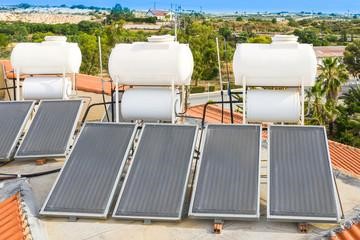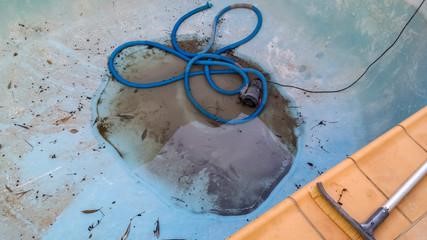Pool Heater Safety Guide
Are Pool Heaters Safe?

We have no doubt saying that a pool heater bought from one of the major manufacturers and correctly installed and maintained is 100% safe.
Of course, like any heating appliance, they can be unsafe if mismanaged. Gas pool heaters produce carbon monoxide, so if installed indoors, they must be correctly vented, and when installed outdoors, proper thought must be given to the positioning (under house windows is not a good site). Adequate ventilation is crucial, so it is essential to ensure that debris does not build-up around an outdoor pool heater. They must also be kept clean inside, so a qualified gas engineer’s yearly service is strongly advised.
Current gas pool heaters feature a variety of safety features such as ignition safeguards, pressure regulators, water pressure relief valves, and automatically shut off controls, all of which means that in use, they are very safe.
Electric pool heat pumps offer little in the way of danger other than electrical devices and must be respected as such, but essentially electric shock hazard is avoided by construction and installation of the heater in line with strict electrical standards and codes.

Solar pool heater systems are also safe if adequately designed and installed. It is quite practical to buy a system and install it yourself without creating any issues.
To ensure ongoing safe operation, all pool heaters should be drained over winter to avoid any frost damage.
Many individuals consider making their DIY pool heaters, usually solar systems, and it is here that safety can be a question mark. All forms of safety issues can arise, such as pumping very hot water into the pool when first turned on.
In summary, pool heaters are a safe way to increase the value you receive from your pool but require to be correctly installed and maintained. Only service your pool heater if you are confident that you know about what you are doing.
